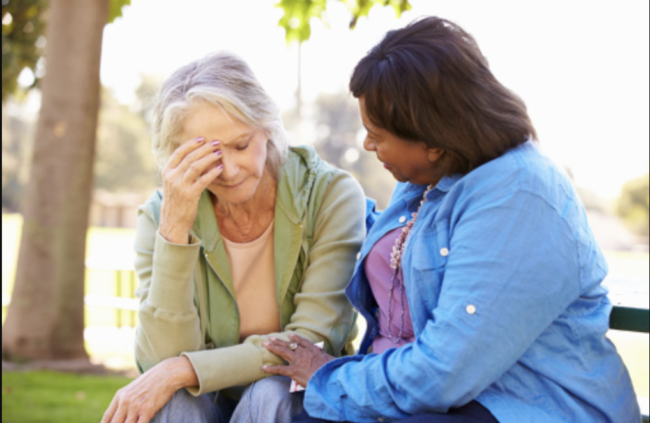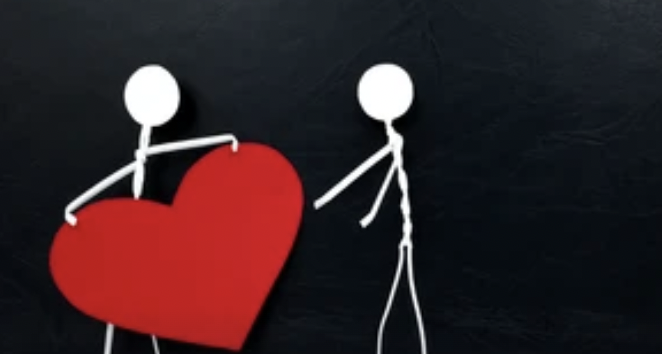This was Rodney King’s plea in 1992, when he was physically assaulted by the LA cops during that year’s race riots. Thirty-two years later American society still struggles to “get along.” Now it appears that Trump’s re-election has intensified our differences. I’ve been surprised at the rancor among gentle people, like the women who posted on Facebook, “If you voted for Trump, I never want to speak to you again.”
According to David Brooks, author of the bestseller, “How to Know a Person,” we are living in an era punctuated by an “epidemic of blindness” where large numbers of people feel unseen due to an absence of meaningful exchanges where they are recognized and validated. A major culprit is the internet’s centrality in our lives where communication is reduced to looking at a screen. The unseen contribute to a national rise in depression and loneliness.
If each one of us makes the effort to communicate compassionately, we can help move our country towards one of greater connections, reducing the number of unseens. Brooks makes the startling claim that many of us believe we are good communicators, when it’s not the case. While we may have good intentions, frequently we are too self-absorbed, causing our attention to waver.
The good news is that opportunities abound for a chance to practice meaningful exchanges. It could be taking the time to draw out the stranger seated next to you on the airplane. Brooks insists most people want to be seen and will welcome your interest.

Everyday random events, like talking to your seat mate on an airplane, offer an opportunity to engage in meaningful conversation.
Among his recommendations: When talking with a close friend struggling in a relationship, resist the urge to share how you struggle similarly because it takes the focus off your friend. Rather than offer unsolicited advice, show support in the general manner of, “How can I help?”
Brooks doesn’t say so directly but there is a ripple effect to learning new conversational skills that lead to seeing the other. When one feels seen, or understood, they are prone to repeat this style with friends and family members, breaking down barriers and spreading good will. It’s like, “I felt seen, so now I can practice seeing you, which encourages you to practice seeing others.”
For Brooks, “Illuminators” are models for successful communication. These are people who are naturally curious, wanting to know more about the other. Illuminators function like an interviewer, wanting to discover the other’s story, displaying empathy, like nodding understandingly and radiating kindness, drawing a comparison to Mr. Rogers and Oprah.

Brooks considers Oprah an Illuminator for her engaging interview style where she often leans in, displaying interest and empathy
Brooks devotes a chapter to “the right questions,” which boil down to non-threatening queries. Pose questions like, “Where did you grow up? What are your hobbies?” “What would you like to be doing a year from now?” Think of yourself as a story collector, creating a montage of the other.
For challenging conversations, like talking with a depressed friend, lean in and listen empathetically. Be patient and offer your full attention. Don’t rush to fill in pauses. Often when one is upset silence occurs as she gathers her thoughts. Don’t overlook the power of a comforting hug.
Brooks devotes a chapter to the hallmarks of a healthy person, offering the reader a personal check list towards identifying unworkable patterns that interfere with “seeing” another.
My eyes were opened by “How to Know a Person.” I considered myself a good listener. After surveying Brooks’ check list, I recognized I interrupt a lot or get distracted by what the conversation brings up for me.
I regard seeing another as a spiritual gift to them. It’s shining a light where they feel accepted and understood. In turn I experience a similar fullness from our deeper connection.
Imagine a world where we all shine a light on one another . . .



